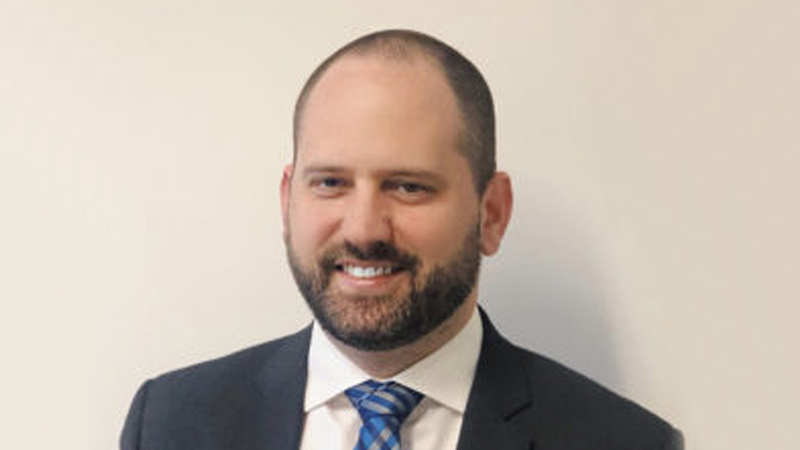Emerging litigation risk flagged with death benefits
SMSF professionals should encourage clients to follow a proper claim-staking process where they are exercising discretion on the payment of death benefits.
Speaking in a recent webinar, DBA Lawyers senior associate William Fettes said that in situations where there’s no binding death benefit nomination (BDBN) or reversionary pensions and the trustee needs to exercise discretion, it is best practice to follow a claim-staking process.
Mr Fettes explained that in many cases, SMSF deeds would say that on death, the default position is that the trustee must exercise discretion, unless there is some form of binding direction that removes that discretion.
“We really need to look at what the deed says about that discretion. Best practice is to follow a proper process,” he said.
Claim staking, he explained, is the process of the trustee exercising its discretion with proper information and with good faith and for a proper purpose.
“In practical terms, it often means the trustee putting on its hat as trustee and taking the fact that there is a discretion seriously and ensuring that the discretion is not miscarried by being prejudiced or careless or exercised without proper regard and genuine consideration for all the potential beneficiaries of that discretion,” he noted.
“That’s generally going to be evidenced by contacting the potential beneficiaries to ascertain their financial circumstances, and other relevant circumstances. And we don’t exercise the discretion until we’ve done that process. That’s the best practice.”
Mr Fettes said claim staking is important as litigation involving SMSF death benefits has been increasing.
“It’s important to emphasise that an SMSF is a trust. It is a private trust, and to a great extent, the trustee is accountable based on the beneficiaries of that trust,” he said.
“In the first instance, that’s often going to be the members, but certainly anyone who is in the position of a potential beneficiary has rights for the proper administration of that trust and they can hold the trustee accountable in that position.”
While there may not be a lot of scrutiny of how that discretion is exercised where everyone agrees that it’s not contentious, Mr Fettes stressed that this is not the true trust law position.
“We need to think about what the real exposures are if things went pear-shaped. If there’s a disgruntled beneficiary, they may decide to engage a lawyer who’s prepared to pursue the trustee in relation to whether that discretion has been miscarried,” he warned.
Mr Fettes stressed that while everyone in the family may appear to get along now, it may not be the case in the future as circumstances can change.
“We have to be careful. You shouldn’t presume that everything’s hunky-dory, and that the discretion is never going to be challenged or looked at as part of your file and how you talk to clients about these issues,” he cautioned.
The case law on discretionary power, Mr Fettes explained, indicates that the trustee must act in good faith and honestly and act upon genuine consideration.
“You can’t act in an irresponsible or wanton manner. You need to have due consideration for the proper purpose of the discretion and how it was conferred. You can’t have an ulterior motive. You [also] can’t give reasons for your decision where the reasons don’t stack up,” he said.
Mr Fettes warned that providing reasons for why a discretion is being exercised in a certain way may allow a disgruntled beneficiary to go to court and litigate around whether or not those reasons were sound and stacked up.
“On the flip side, if there is no communication, then it’s very hard to evidence that there has been genuine consideration, and hence why claim staking fulfils that sort of aspect of demonstrating the trustee taking this seriously,” he explained.
“Additionally, there’s another test called the ‘Flegeltaub unreasonableness test’, which is just that no reasonable trustee would have made that decision on the material before it.”

Miranda Brownlee
Miranda Brownlee is the deputy editor of SMSF Adviser, which is the leading source of news, strategy and educational content for professionals working in the SMSF sector.
Since joining the team in 2014, Miranda has been responsible for breaking some of the biggest superannuation stories in Australia, and has reported extensively on technical strategy and legislative updates.
Miranda also has broad business and financial services reporting experience, having written for titles including Investor Daily, ifa and Accountants Daily.








